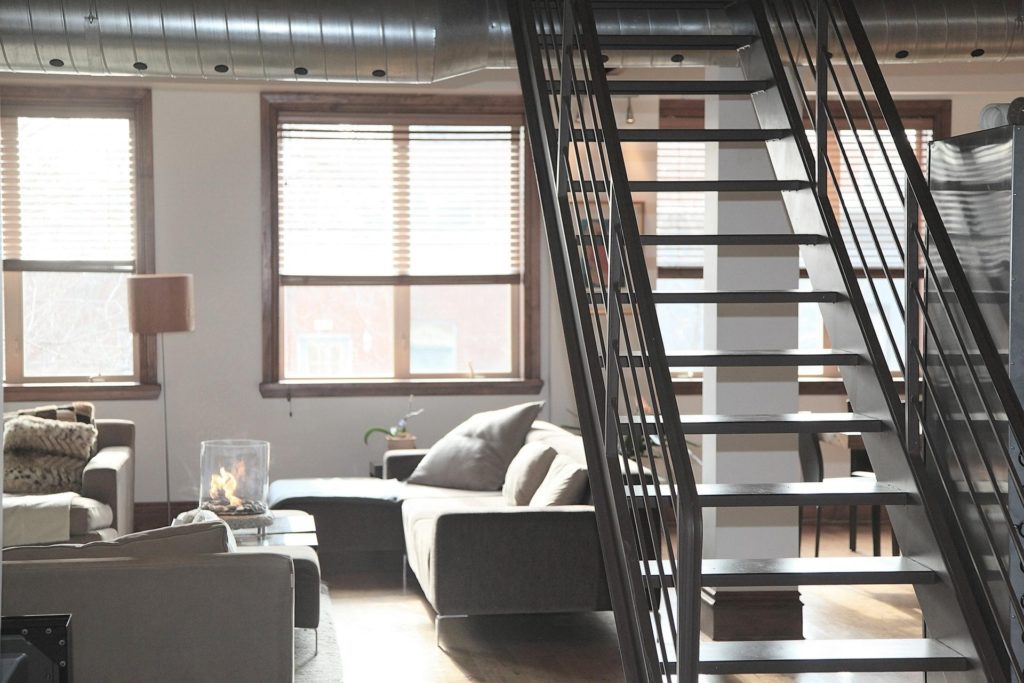Finding a new tenant for the apartment you rent is quite tedious and stressful, for both sides involved. But, once the deal is done, the harder part of the job falls onto the landlord. Before the new tenant moves in, landlords have to make sure that everything is alright with the flat they are renting.
It is also very stressful because a simple overlook of a single factor can cost you a trusty tenant you’ve spent a lot of time looking for. To avoid that, we have made a list of the steps necessary to make sure your flat is perfect condition.
Table of Contents
Damage Check
In order to make sure your place looks the best way possible, the first thing you should do is to check for wear and tear from the previous tenant. Pay attention to paint chipping, floor damage, and cracks in the windows, as it is the most common manifestation.
The other parts of your flat you should check for damage are hinges, floors, wallpapers, curtains, and window screens. These are places where wear and tear naturally occur first. These subjects of wear out are usually quite easy to fix, and they really improve your flat’s look.
Health Hazards
Your tenants should arrive in a flat that is not only clean but also safe health-wise. Bugs and rodents infestation is quite a common household problem.
The presence of mice and rats is not only inconvenient but also carries a lot of health risks, as those pests are known carriers of dangerous bacteria.
Rodents are also able to bite through electrical cables, which brings additional hazards. Regardless of the infestation type, there are plenty of ways to stop it.
As the landlord, it’s up to you to take care of the pests. Hiring a pest control specialist is the best thing you can do because they have the necessary equipment and experience to tackle the problem.
Dry rot and mould are also natural phenomenons, but it’s not healthy to have them in your home because they can inflict serious health and structural damage. The optimal way to prevent that from happening is to check regularly and utilize prevention.
Clean & Repair
Before your tenant moves in, it’s your responsibility to thoroughly clean every area of the house or apartment you’re renting. This includes both indoor and outdoor cleaning, as well as the hidden spots, so don’t slack off with the places which are unavailable to the eye, such as behind and under fridges and ovens. It’ll take a lot of brushing, dusting, wiping, washing and unclogging.
The best way to do this is to hire a professional cleaner because they know to find the spots that are often overlooked. Also, thanks to the bond cleaning services, you can rent them at quite an affordable price. But, as they say, cleanliness is half of faith. The other half is a proper function. Thus, you have to test all the facilities and appliances in your flat, with special attention to the kitchen and bathroom.
Finishing The Deal
Before finalizing the deal with your tenant, you should go over the agreement section by section, so so both of you can understand your rights and obligations toward each other. After carefully reading the entire agreement and resolving eventual unclear sections, both of you should sign the lease. Before the tenant moves into the flat, you should collect the entire security deposit and the first month’s rent. The exception of taking the rent in front is when a tenant is government-assisted.
In accordance with your local laws, your flat might have to undergo the inspection before your tenant moves in. Make sure you check your town’s law concerning this matter. Don’t forget to change locks, to avoid liability and potential unpleasantries with previous holders. Also, during the move-in, provide the tenant with the move-in checklist, and give him your contact information.
Conclusion
Apartment management duty is quite difficult, especially if you’re leasing your property to the new residents. During the process of finding the proper tenant, a lot of classes and misunderstandings can happen. However, following the steps we provided can help avoid most of those. We are aware, though, each proprietor has its own preferences, practices, and ordinances. Regardless, our take is there are some universal rules for every landlord-tenant interaction that will make their agreement easier.
Alex is fascinated with “understanding” people. It’s actually what drives everything he does. He believes in a thoughtful exploration of how you shape your thoughts, experience of the world.

